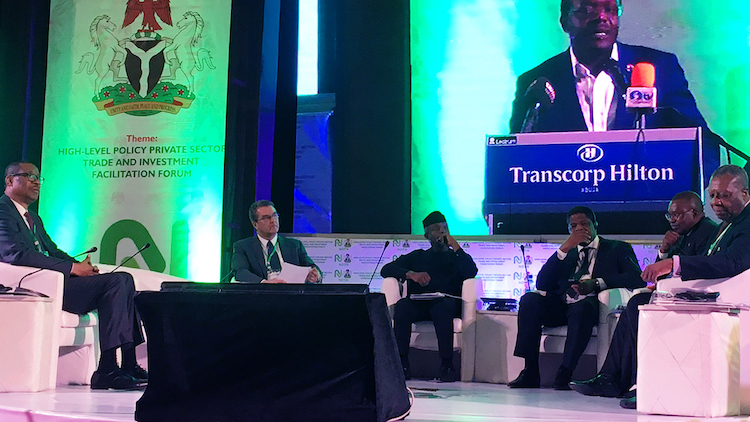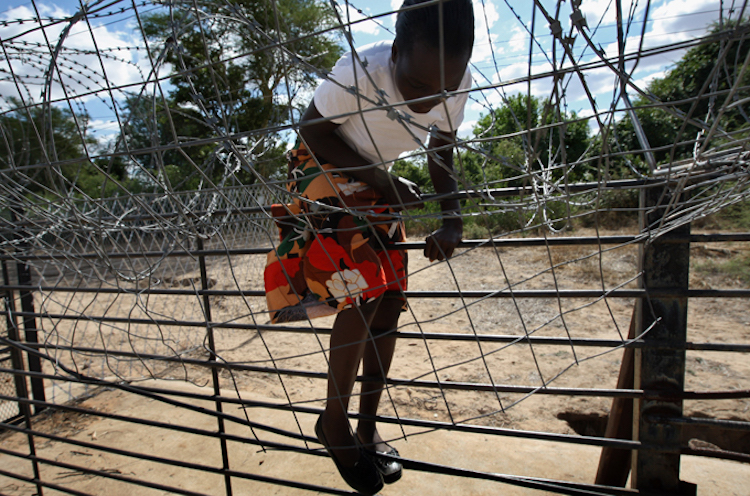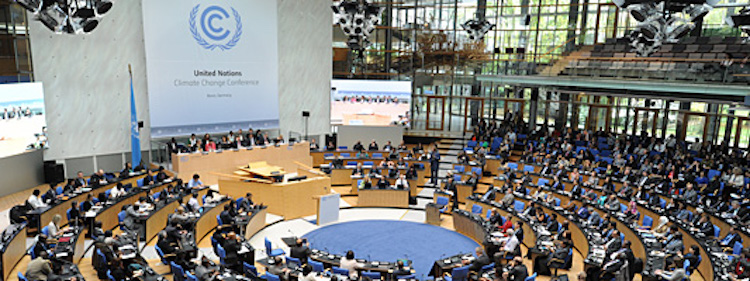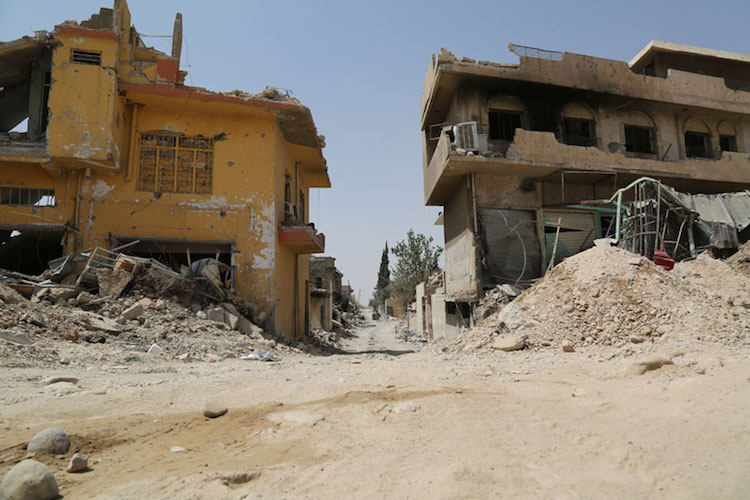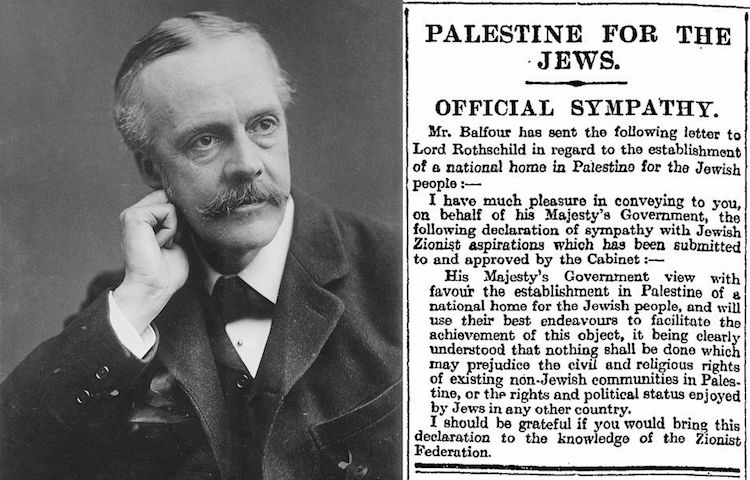By Somar Wijayadasa*
NEW YORK (IDN | INPS) – The 7th of November this year marks the centenary of the Russian Revolution – an indelible landmark and a turning point in the history of Russia – that established the Communist rule under what became the Soviet Union that is officially known as the Union of Soviet Socialist Republics (USSR). The revolution shaped world politics of the 20th century, and saved the Soviet Union from the brutal war, and propelled it to superpower status.
It is called the October Revolution as it happened on October 25 (on the old, Julian calendar), and also known as the Bolshevik (meaning majority) Revolution because it was led by Bolshevik Party leader, Vladimir Ilyich Lenin (1870-1924) – a revolutionary, politician and political theorist. The strategy for the revolution was crafted by the Russians – due to intolerable conditions resulting from centuries of serfdom under which the Russian people suffered during the Czarist autocratic rule.


